Six illuminating tips for restoring old lighting to it former glory
Lighting restoration expert Jolene Farmer has weaved her magic everywhere from the British Museum to the artisan workshops of Venice. Here are her tips for bringing your old lights back to life.

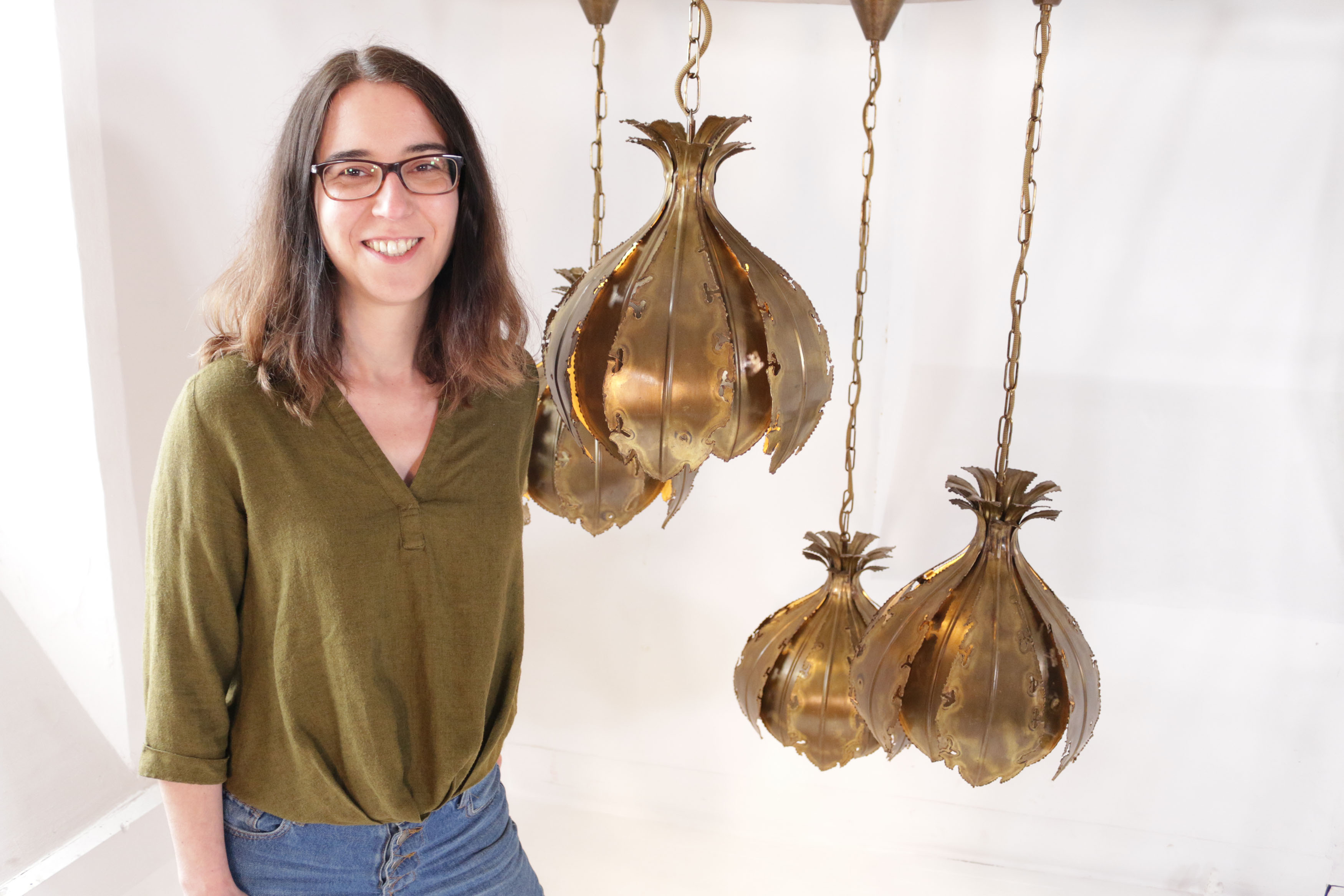
Exquisite houses, the beauty of Nature, and how to get the most from your life, straight to your inbox.
You are now subscribed
Your newsletter sign-up was successful
Jolene Farmer started her career in restoration at the age of 16 when she was apprenticed to a master gilder in Venice.
She went on to work at places including the British Museum, Sotheby's and the Courtauld Gallery before starting her own business 10 years ago, concentrating on restoration of decorative finishes, oil and water gilding, metal work and the wiring of lighting.
'There is no comprehensive guidebook for restoration,' she says.
'Each piece is a puzzle you have to work out always striving to maintain the integrity of the piece.'
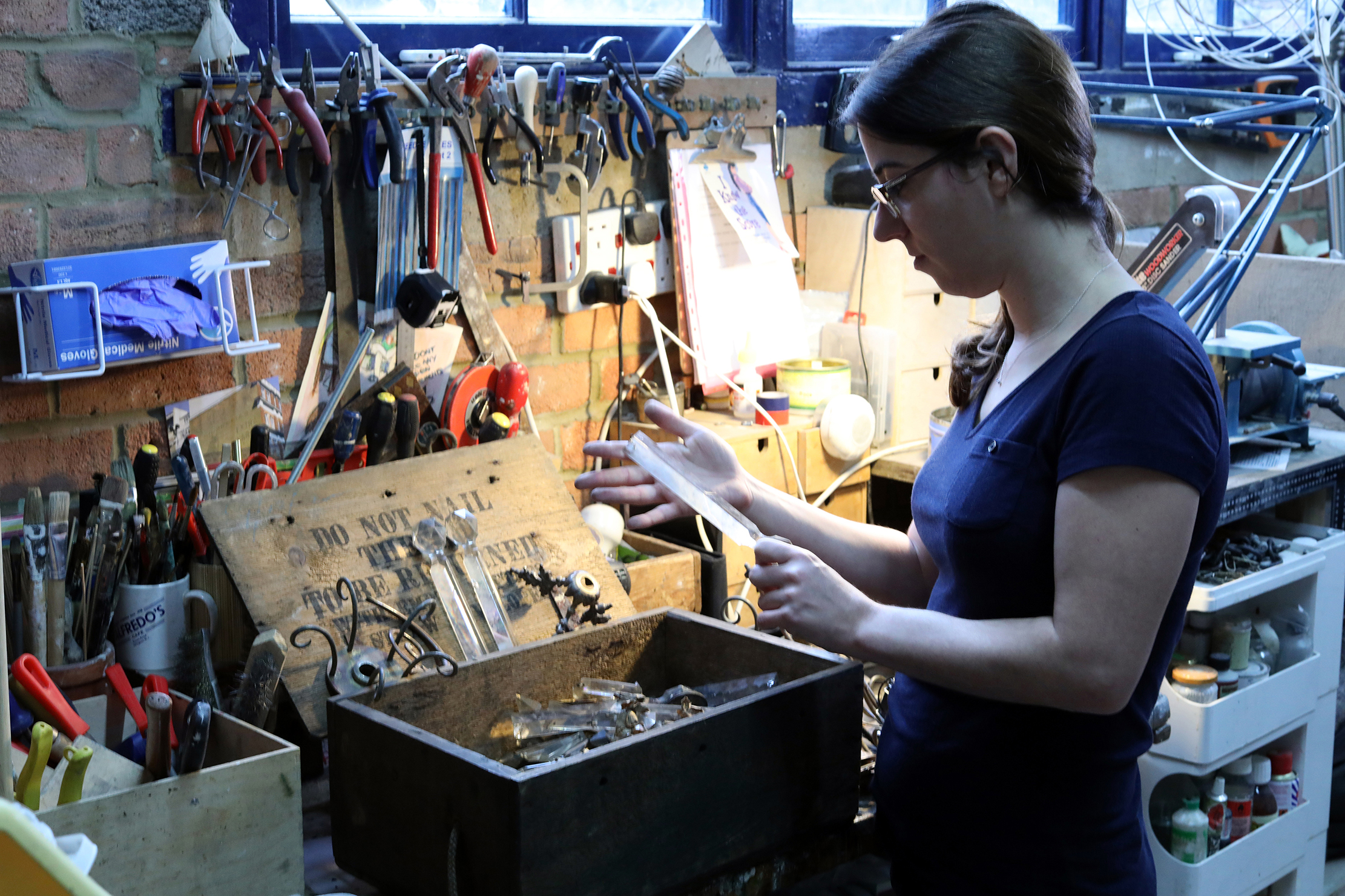
'As a restorer you are both detective and surgeon investigating how a piece was made and making sure any invasive action is sympathetic to the original makers craftsmanship and vision,' she adds.
In this article Jolene — one of the experts featured on the Quest TV series Salvage Hunters: The Restorers — shares her tips for restoring old lighting.
Don't refinish surfaces unless you really have to
Aim to retain the aesthetic wear and tear if not too far gone. Refinishing the surface can result in your antique lamp losing value or looking like a repro.
Exquisite houses, the beauty of Nature, and how to get the most from your life, straight to your inbox.
But in the end, it's down to personal taste — if you're restoring old lighting for your own home then it's up to you. Be careful not to remove protective coating with abrasives or solvents if you are cleaning them up.
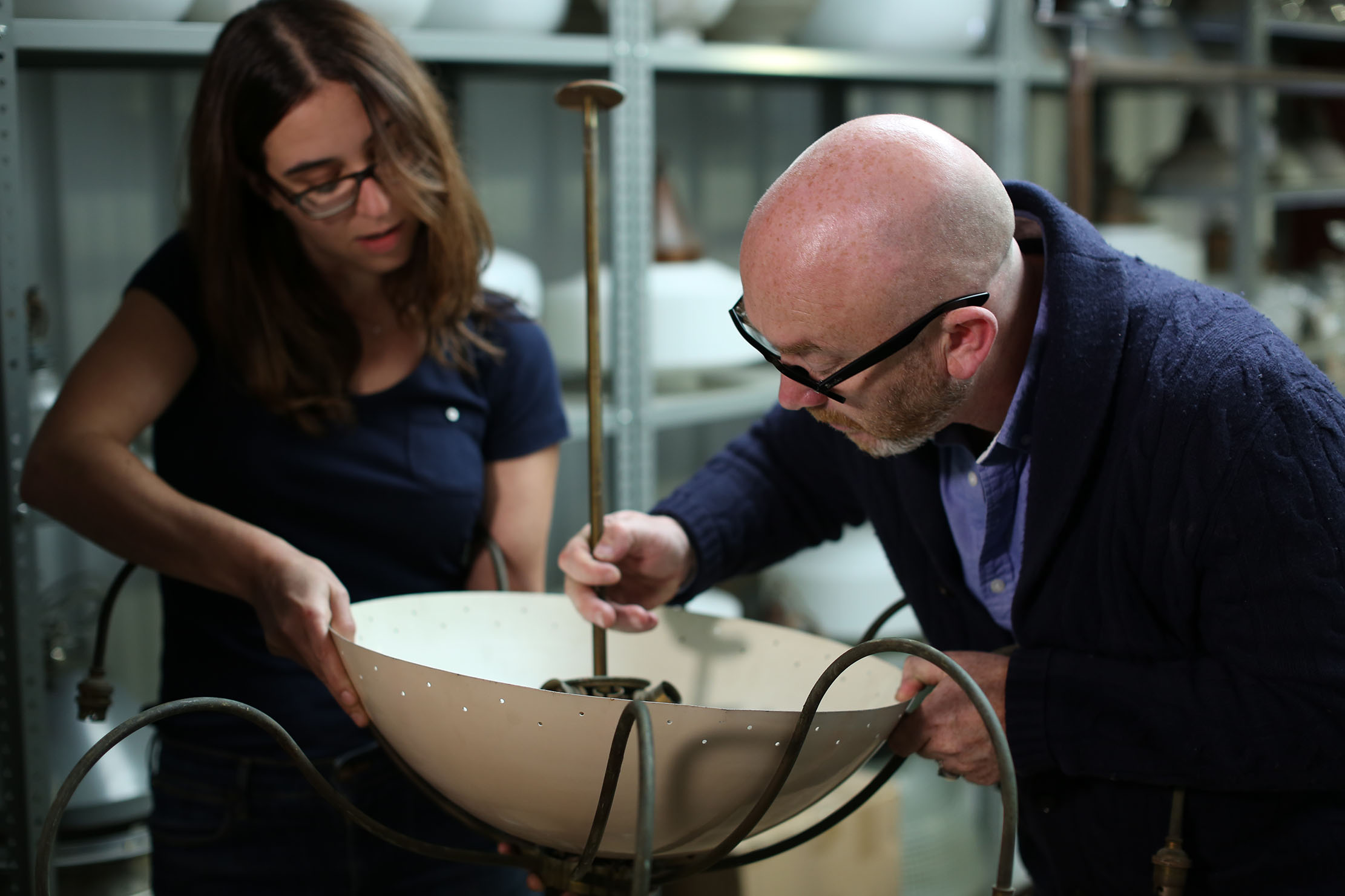
LED bulbs are an absolute must
Never use halogen bulbs as they get far too hot and can damage the wiring or discolour your lights. Always use LEDs where possible as they run cool to the touch and now come with a warm old fashioned glow, can be dimmable and they even have a decorative filament range.
The toughest thing to repair? Glass
Restoring or replacing broken or missing glass on lighting is extremely expensive and unbelievably tricky. Not only do you have to replicate the remaining glass, but it must also appear consistent when the light shines through it. Very few do it well.
If you are buying a broken antique light, then bear in mind that restoring metal is more economical than restoring glass.
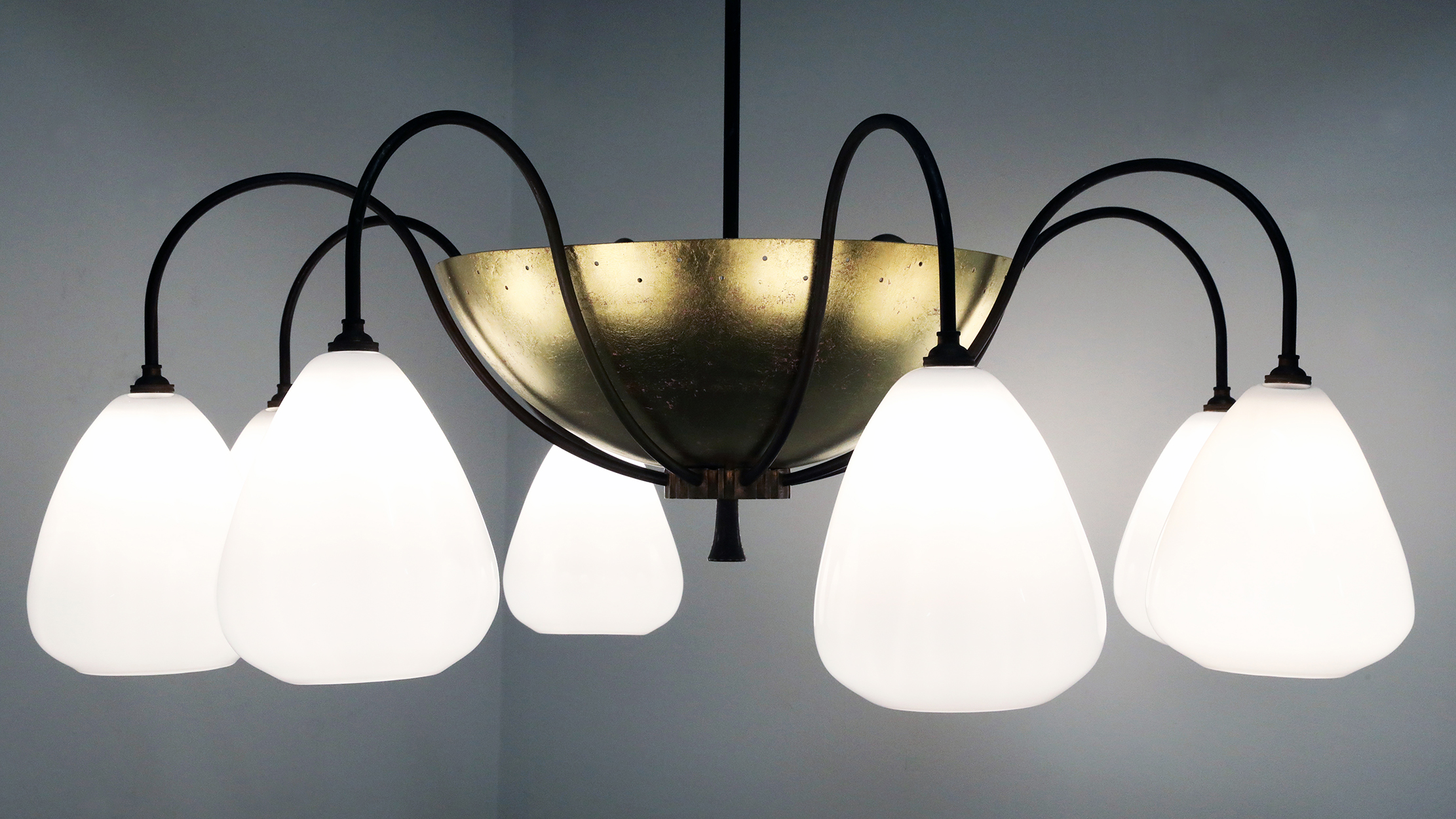
Never, ever take shortcuts with the wiring
Do not attempt to rewire a lamp if you are not fully competent to do so as it could be dangerous, and you don't want to hurt anybody or start a fire. It may even invalidate your insurance. You'll find a good electrician will refuse to install an antique light without it being certified for safe use.
If you choose to rewire it yourself be sure to have it professionally tested. Having decided to go ahead and rewire a lamp make sure there are no sharp edges that can cut into the wires and make sure that nothing twists and moves that may put stress on the wires. It is common sense but unfortunately, I have seen a lot of wiring that lacks any.
Don't be afraid to go crazy
Pretty much any object can be turned into a lamp with enough imagination, so let your imagination run wild.
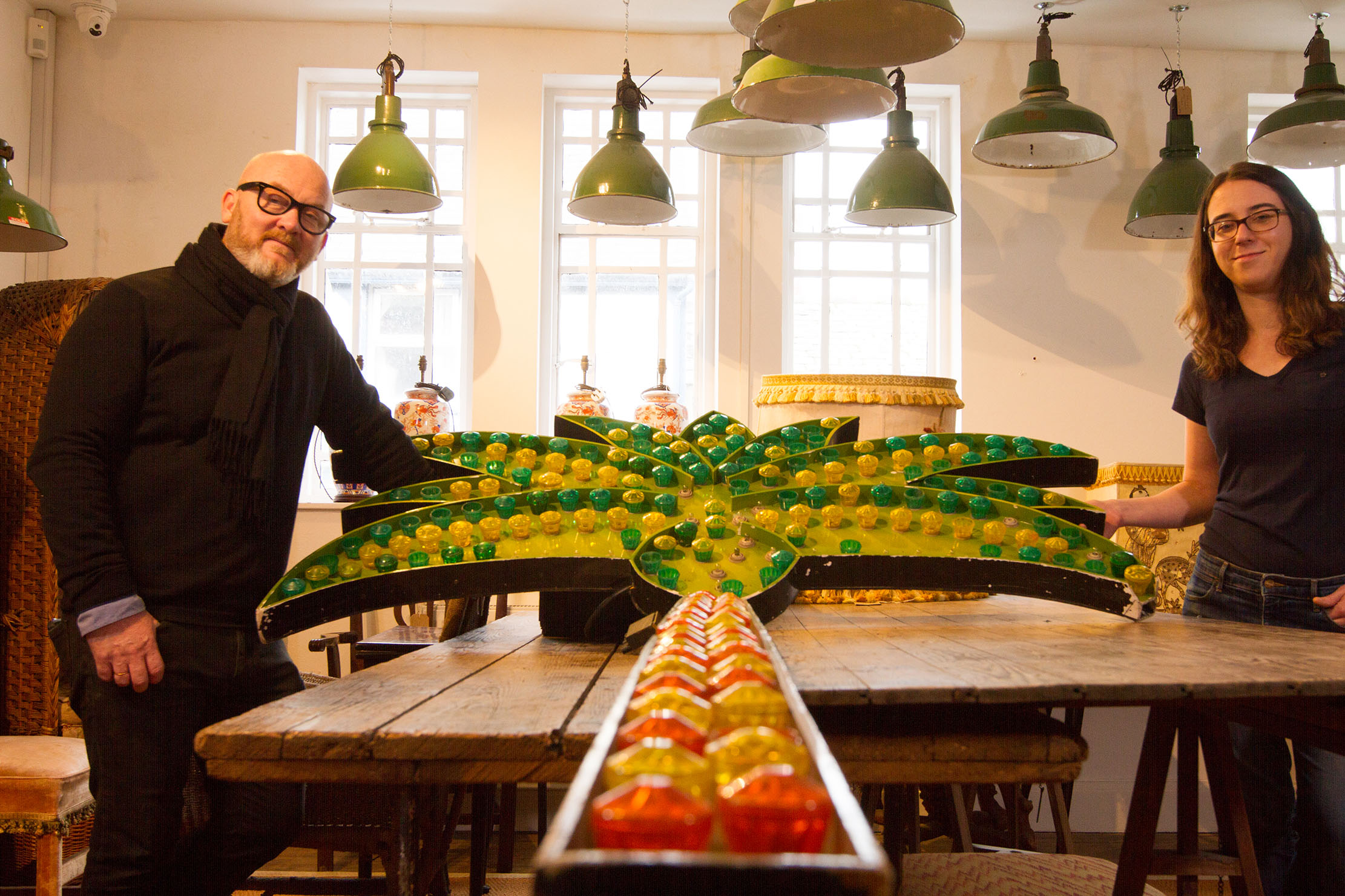
French polish works wonders on metal
French polish is not just for wood, it can be used to protect and warm up brass. You'll need to do three coats and be sure to practice on an inconspicuous area first.
If the brass is slightly warm it can help the flow of the lacquer. Work quickly and don't overload your brush or go back over a tacky area as you will get drag. Leave a few hours between coats. The longer the better.
All new Salvage Hunters: The Restorers, 9pm, Wednesdays on Quest (Freeview 12)
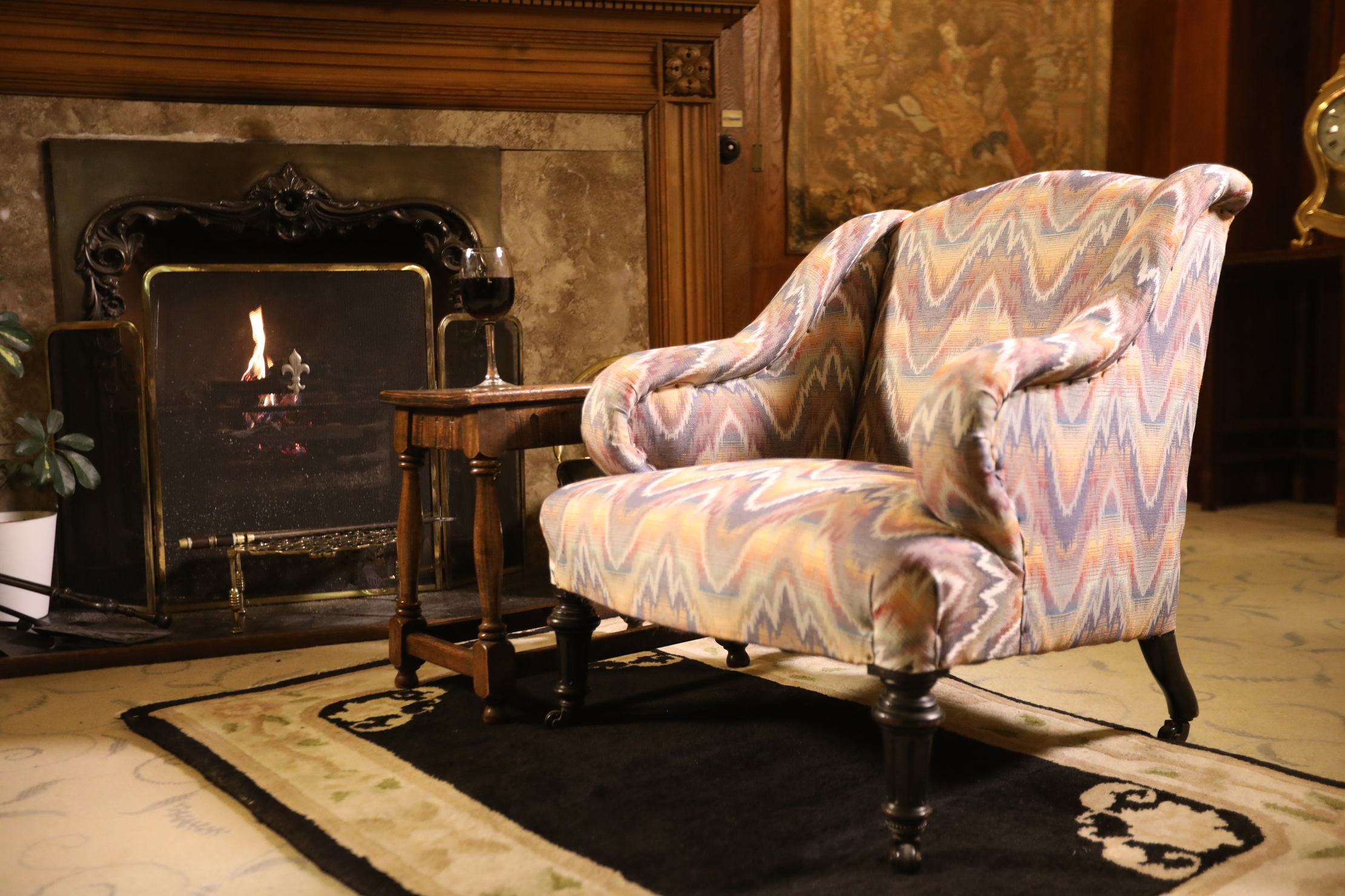
Credit: Salvage Hunters: The Restorers
How to give a new lease of life to a piece of old furniture
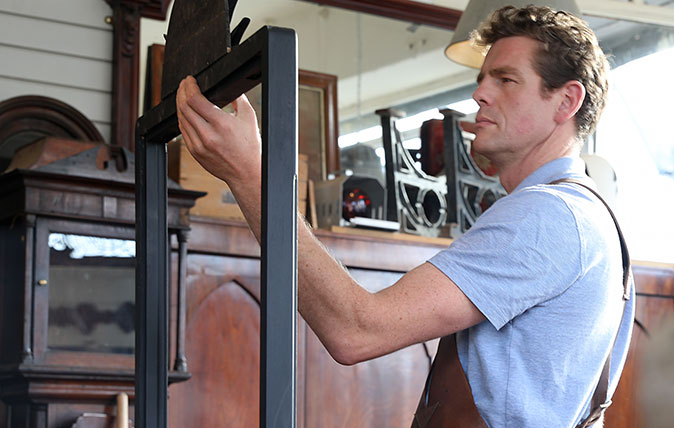
Credit: Quest
How to do your own French polishing or restoration – and when to leave it to the pros
Alex Webster, an antique restorer and French polisher, explains five techniques to save damaged furniture yourself with these DIY French

Credit: Irene Gunter
A new kitchen given huge character thanks to the beauty of reclaimed wood
Irene Gunter's design for this lovely kitchen in the Cotswolds integrated beautiful old timbers despite being newly installed. Rachel Leedham
Country Life is unlike any other magazine: the only glossy weekly on the newsstand and the only magazine that has been guest-edited by His Majesty The King not once, but twice. It is a celebration of modern rural life and all its diverse joys and pleasures — that was first published in Queen Victoria's Diamond Jubilee year. Our eclectic mixture of witty and informative content — from the most up-to-date property news and commentary and a coveted glimpse inside some of the UK's best houses and gardens, to gardening, the arts and interior design, written by experts in their field — still cannot be found in print or online, anywhere else.
